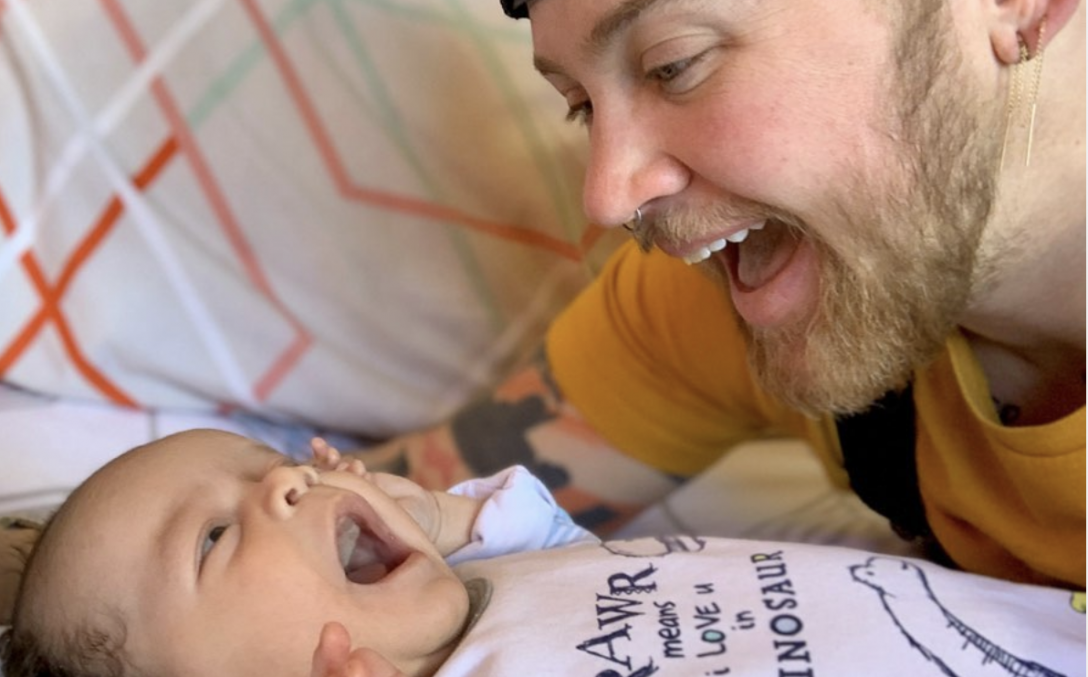 How do you talk about your life before transition honestly?
How do you talk about your life before transition honestly?
For me, this is a hard question that could have real potential negative ramifications.
If I refer to myself in the past as a “little boy,” and then people find out later that I am trans, I run the risk of looking like an outright liar at worst, and perhaps disingenuous at best. I would hate for folks to think that I am purposely recasting myself in a way that might make me seem untrustworthy or, even worse, fake. I pride myself on being authentic in my life and I don’t want people to think my transition and my trans identity is not authentic.
There is also the concern for safety. If I refer to my past “when I was a little girl,” I out myself in a way that opens me up to attack, whether physical or otherwise.
This also would feel perhaps disingenuous. Truthfully, I never made a very good “little girl,” as defined by our culture. I never got that mold. And I am not just talking about wearing dresses or playing with dolls (nope to both). I never really identified with other girls, either. I tried to learn how to talk like a girl, care about girl things, get along with other girls, and I never did a good job. I never felt like I fit in, never really understood what the big fuss was ever about.
And this is not just about social gender roles and stereotyping. Even when I hung out with very non-normative women and girls, progressive women and girls, radical women and girls– I still felt like an other. I have learned to love women, and I have many women in my life that I love, but I was never one of them.
When I refer to my pre-transition life, especially my life as a child, I usually call myself a “kid.” You know, “When I was a kid, I loved to play four square with my friends…”
That sentence loses nothing by saying kid instead of girl. I was a kid. My gender assigned at birth changes nothing about the significance that four square played in my life.
But there are other situations that kid is insufficient for. When I talk about my 13th birthday party, when I invited over my “best girl friends” for a 1970s-themed slumber party, where we made tie dye t-shirts and watched “Now and Then,” that story might lose something if I say I had a bunch of other kids staying the night. There is something about that experience that I think cannot be explained by taking the “girl” element away, despite all my feelings about not really ever fitting in.
There’s also the aspect of my female socialization that, although perhaps ill-fitting at times, has been an unshakeable part of my personality that will never be undone. Being raised and socialized female taught me a compassion for other people that I doubt I would have otherwise. It taught me how to listen when others talk, how to help those in need, how to put other people’s needs above my own, and other things I probably won’t uncover for years.
I may not have fit in with my female past identity, but the lessons that socialization taught me will remain with me forever. I am still trying to figure out how to honor my past and the gifts it gave me, while taking time to de-emphasize gender in those moments when gender is irrelevant to what I am trying to convey. It’s an art, I suppose, and I am learning as I go.
If you are a friend or family member of a trans person, do try to be sensitive to talking about someone’s past. Try using gender neutral statements like “when you were little,” “when you were a child,” etc. Let the person define how they will discuss their childhood– and don’t be offended if they say they would prefer not to talk about it. Childhood can be very traumatic for trans people and if they haven’t yet figured out how to talk about it, they might just want to skip it altogether.
Remember, be most excellent to each other.




